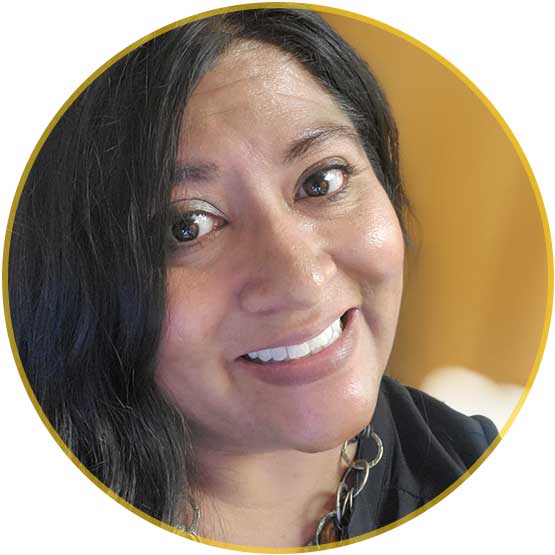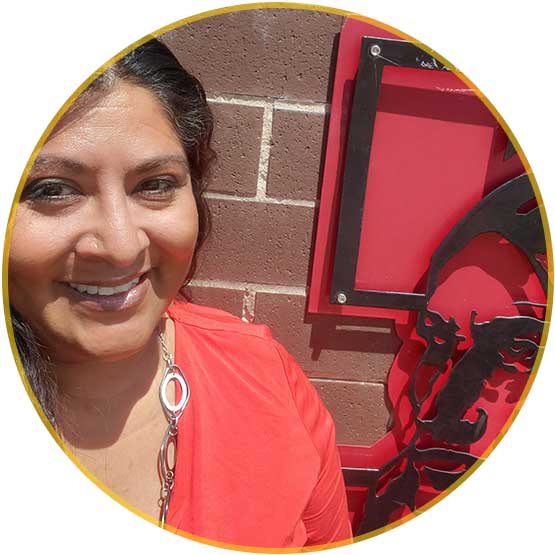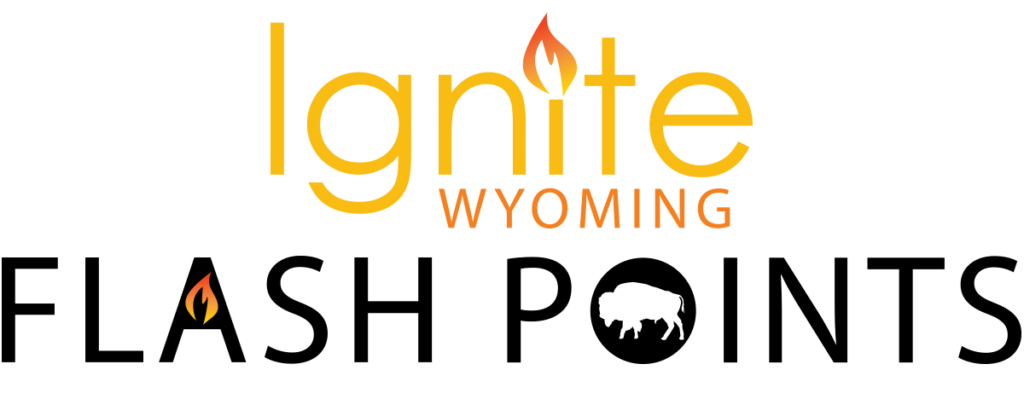
Rachel Martinez

Growing up on the north side of Cheyenne, Rachel Martinez was often the only minority student in Advanced Placement classes. Neither of her parents were able to go to college, so education was always the top priority in their home. It was never an option for her to not to do well in school. In addition to advanced classes, Rachel was actively involved in sports, played the violin and flute, and she was editor of her high school newspaper. She never felt out of place, until she went to Cheyenne’s less affluent and more diverse south side. It mattered which side of Cheyenne you grew up on, and it still does today. Now as an adult, Rachel uses that experience to illustrate how profoundly a student’s zip code can define her educational trajectory.
Dating back to her experience on Cheyenne’s south side, Rachel has always known her mission was to help people. She considers herself fortunate to have grown up in the family unit she had and to have had the mentors she did. Sue Lopez, Rachel’s high school journalism teacher, was an enormously positive Latina influence through her education.

Flash Point:
Recognizing her ability to help others.
What it meant: Sue Lopez, Rachel’s journalism teacher and a fellow woman of color, showed her how impactful a role model can be, and now Rachel works with at-risk women and families.
“Sue was another person of color. I heard her struggles, and she pushed me,” Rachel said. “We had a really close bond, and she mentored me well beyond what she ever needed to,” she said. Sue stressed accountability to all her students. Rachel recalled how once under a deadline, school was canceled after a snowstorm, so Sue came and picked Rachel up from her home in her big SUV so they could finish that edition of the newspaper on time.
With more than two decades of experience working in various agencies across the non-profit sector, the importance of zip codes have become especially problematic to Rachel. Public schools can be lifelines, especially to kids who aren’t lucky enough to have a family like she did. Educators, whether its journalism teachers like Sue Lopez, ESPs, librarians, coaches or maintenance staff, are critical for at-risk kids and providing them with holistic education services.
“I’ve worked with domestic violence survivors, homeless families, kids who didn’t know where their next meal was coming from,” Rachel said. These are unfortunate Wyoming realities. It’s critical that schools have the resources, and most importantly the staff, to provide students with the support and structure they need for a bright future. In this state, zip codes don’t determine the quality of education available.
